
Multivariable logistic regression models found age to be the only characteristic associated with the risk of CELs at baseline in all datasets, with a higher age associated with a lower risk of CELs.

Multivariable logistic regression models found age to be the only characteristic associated with the risk of CELs at baseline in all datasets, with a higher age associated with a lower risk of CELs.

The director of stem cell biology research at City of Hope spoke on the newly developed brain organoid, which has the potential to help investigators identify pathological mechanisms of Alzheimer disease.

The director of the Comprehensive Center for Brain Health at the University of Miami Miller School of Medicine provided context on greenhouse spaces and their preventive benefits in Alzheimer disease.

Microvesicles excellently discriminated between the relapsing-remitting MS and control groups and between radiologically isolated syndrome and unspecific brain lesions.

Yanhong Shi, PhD, director of stem cell biology research at City of Hope, discussed the new brain organoid, which was derived from human induced pluripotent stem cell technology to better study and understand sporadic Alzheimer disease.

Investigators found SESI-HRMS measurements could be useful for breath analysis in conjunction with OSA screening questionnaires.
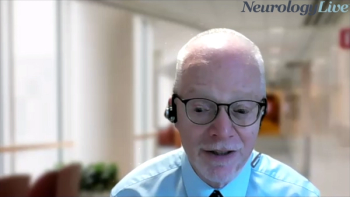
The professor of neurology at Mayo Clinic College of Medicine discussed which biomarkers have shown the most relevancy in NMOSD and which deserve more attention.

The chief medical officer of NeuroPace discussed the newly developed nSight Platform, which allows physicians to remotely track seizure burden and activity for patients with drug-resistant focal epilepsy.

Investigators identified 4 susceptible loci with large effect sizes, one of which has previously been associated with migraine.

The director of the division of stem cell biology research at City of Hope discussed the potential of the model to study the mechanistic causes of Alzheimer disease and to test dementia drugs currently in development.

Successful epilepsy surgery in adults has been followed by forced normalization, depression, and memory issues, resulting in questions about the use of the metrics in the study of broader outcomes—a problem even more prominent in pediatric epilepsy surgery.
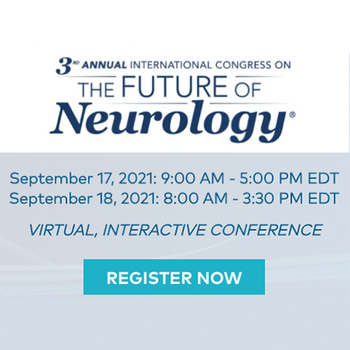
Program chairs Fred D. Lublin, MD, and Stephen Silberstein, MD, offer insight into the third annual IFN meeting, which is set for September 17-18, 2021, to be held in a virtual setting.
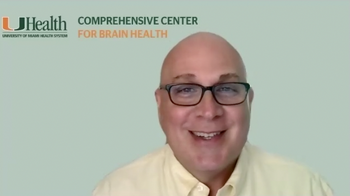
The director of the Comprehensive Center for Brain Health at the University of Miami Miller School of Medicine discussed the clinical significance of his findings on neighborhood tree canopy and brain health.

Here's what is coming soon to NeurologyLive.

Individuals with chronic and episodic migraine saw improvements in patient-reported outcomes such as MSQoL, EQ-5D-5L, PGIC, WPAI, and the 9-Item Patient Health Questionnaire.

Investigators compared 4 treatment groups, concluding that nonstandard therapies were less effective in enacting freedom from treatment failure.

The director of the headache center at Jefferson University Hospital commented on what he is excited for at the upcoming International Congress on the Future of Neurology.
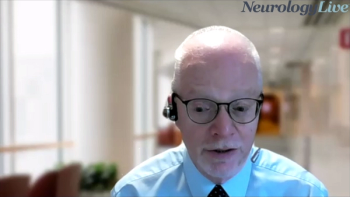
The professor of neurology at Mayo Clinic College of Medicine discussed several areas within the neuromyelitis optica spectrum disorder that are of interest for ongoing and new research efforts.
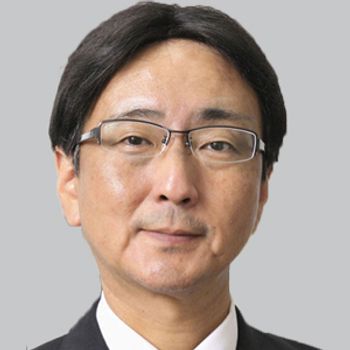
Patients with AQP4+NMOSD with long cord lesion showed higher annualized atrophy rate of normalized grey matter volume compared with those without long cord lesion.
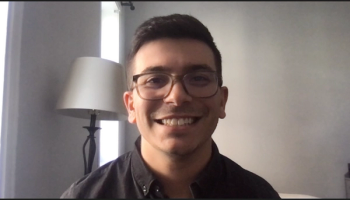
Neurology News Network for the week ending August 14, 2021.

The director of the Corinne Goldsmith Dickinson Center for Multiple Sclerosis at Mount Sinai Medical Center spoke on what he is looking forward to at the 2021 International Congress on the Future of Neurology.

Take 5 minutes to catch up on NeurologyLive's highlights from the week ending August 13, 2021.

The chief medical officer of Wave Life Sciences, Michael Panzara, MD, MPH, discussed the potential of an investigational new treatment, WVE-004, for patients with C9orf72-associated ALS and FTD.
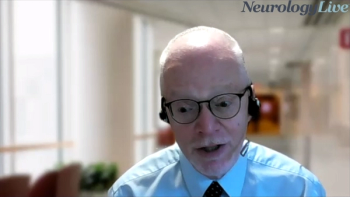
The professor of neurology at Mayo Clinic College of Medicine discussed the 3 currently FDA-approved agents for NMOSD and other agents currently within the clinical pipeline.

"Mind Moments," a podcast from NeurologyLive, brings you an exclusive interview with Mitchell S.V. Elkind, MD, MS, MPhil.

Surgery for eligible patients was shown to increase rates of seizure freedom, as well as improve developmental levels, among those with TSC.

After years of only off-label, wake-promoting therapies available for use, the FDA has approved the first treatment for idiopathic hypersomnia, JZP-258 (Xywav; Jazz).

The director of the MedStar Georgetown Headache Center discussed the upcoming International Congress on the Future of Neurology and what attendees can expect to hear from experts in migraine.
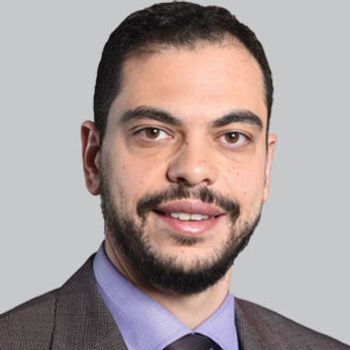
The association of increased EVT rates was noted with the initiation of online training and EMS dissemination of the policy in September 2018, 2 months in advance of formal implementation of prehospital protocol.
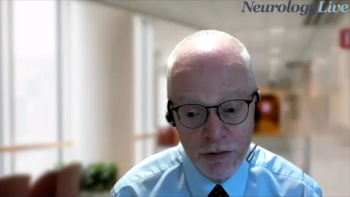
The professor of neurology at Mayo Clinic College of Medicine discussed lesser-known facets of NMOSD and how the disease evolves over time.